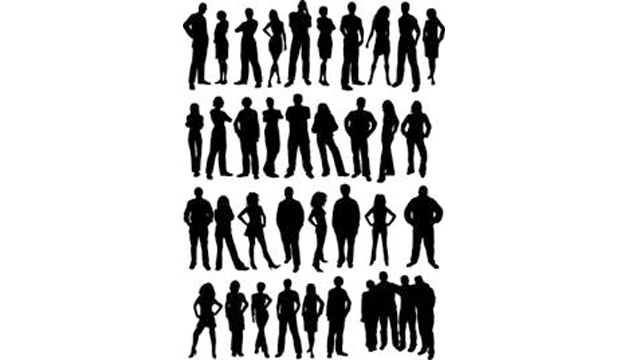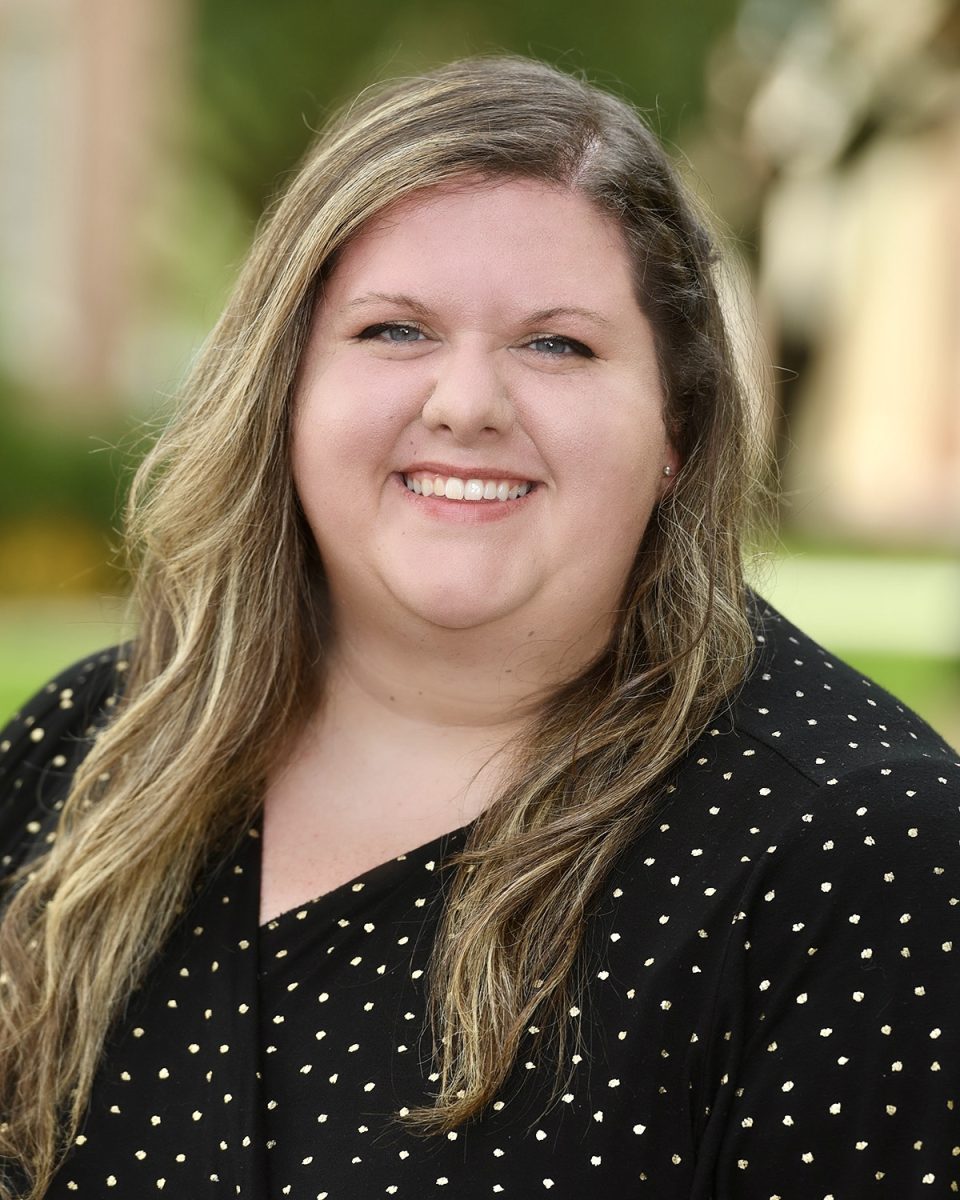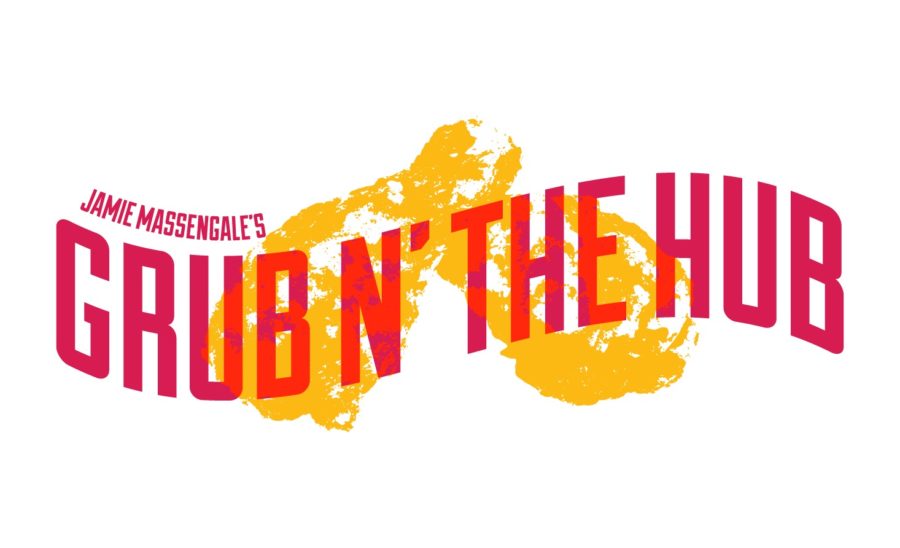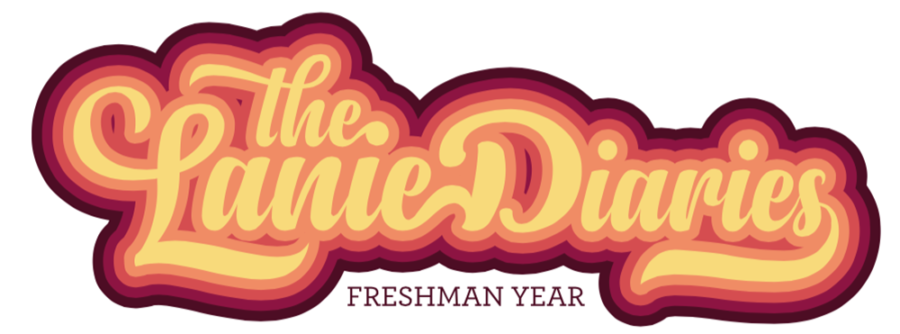In an article published on April 28, The Student Printz made the mistake of referring to people with disabilities as “disabled people,” using the adjective “disabled” before mentioning the person.
The erroneous reference sparked feedback from sources interviewed for the article. The headline and aspects of the article have since been changed. The input received led the Printz to expand on the topic of people- first linguistics.
“The reason I reached out is people-first language is still very common in the disability world,” said Jerry Alliston, community education director at the Institute of Disability Studies. “There are a lot of people with disabilities who don’t use first people language, but in our state the language is very popular.”
Taylor Carley is the self- advocate coordinator for IDS and was featured in the graduation project article as a speaker at the graduation who lives with disabilities.
“Taylor didn’t like that,” Alliston said. “And when you use terms like ‘suffers,’ it can be offensive. Taylor is actually proud of his disability. He is a good self-advocate.”
According to the Association for the Rights of Citizens with Developmental Disabilities, people with disabilities are referred to as just that: people. They are moms, dads, sons, daughters, sisters, brothers, friends, neighbors, coworkers, students and teachers. Nearly 54 million Americans, one out of every five people, have a disability, according to the ARC website.
“[People with disabilities’] contributions enrich our communities and society as they live, work and share their lives,” ARC says via its website. “People with disabilities constitute our nation’s largest minority group, which is simultaneously the most inclusive and the most diverse. Everyone is represented: of all genders, all ages, all religions, all socioeconomic levels and all ethnic backgrounds. The disability community is the only minority group that anyone can join at any time.”
How society refers to those with disabilities can influence its views about them. Words can have heavy meanings, and descriptors used in a negative context can emphasize ignorance.
According to ARC, when people describe people by their labels of medical diagnoses, they are devalued and disrespected as individuals.
“In contrast, using thoughtful terminology can foster positive attitudes about persons with disabilities,” ARC says.
As steps toward improving the way people communicate with and about those with disabilities, “people-first language” was created. This objective way of speaking stresses the person first instead of the disability. The disability is removed from being the primary factor in defining a person. The person is mentioned first, then the disability, and this way prevents people from being offended and removes generalizations and stereotypes.
“Our words and the meanings we attach to them create attitudes, drive social policies and laws, influence our feelings and decisions, and affect people’s daily lives and more,” ARC says. “How we use them makes a`difference. people-first language puts the person before the disability, and describes what a person has, not who a person is. Using a diagnosis as a defining characteristic reflects prejudice, and also robs the person of the opportunity to define him/herself.”
Throughout history, people with disabilities have been referred to as victims, people to be pitied, charity cases, and heroes defeating misfortune. The media is a major cause of these stereotypes that underestimate the abilities of people with disabilities. Commercials use heartfelt stories with desolate connotations to emphasize stereotypes.
Society has made strides toward changing the viewpoints on people with disabilities through activism, more media coverage and by spreading awareness and knowledge and creating laws. This activism includes many campaigns on the national level. The IDS at Southern Miss sponsored a webinar a few years ago directed toward the media on how to use people-first language. People continue to promote knowledge and respect in regards to individuals with disabilities, emphasizing that they are active citizens and benefiters of society from the workplace to home environments.
Alliston said some people with disabilities are okay with not using that terminology.
“It goes to the person,” Alliston said. “If they truly like people first language they don’t want to be. Always just ask a person.”
A student that uses a wheelchair that wished to remain anonymous has no preference of being referred to as person first or not.
“I’ve always been taught to use person first language,” she said. “I’m the type of person that doesn’t care. It doesn’t bother me, but I understand why it bothers some people.
“They want to be seen as a person first. But you can’t let things like that bother you. There are more important things in the world than ways of language.”
“From an advocate perspective, the disability is part of who they are and they should be proud of that,” Alliston said.
He said a person with disabilities is a person first and the same case persists for a person with a health issue, such as a person with cancer.
“People with disabilities are viewed just like everyone else,” he said. “We focus on abilities not disabilities. A lot of people discuss openly their disabilities because they are proud.”






































